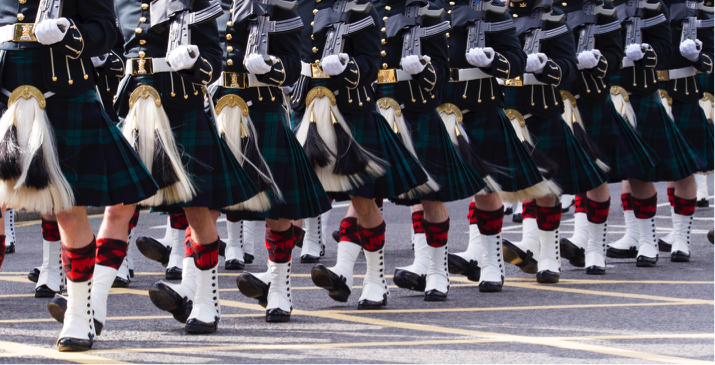Is Mediation Really Like Fruit? – Does The Conflict Have To Be Ripe?
(This post is being republished because of technical problems when it was first published). Studying and teaching with Professor Frank E.A. Sander at Harvard in the late 80’s was life changing. The energy and vision he showed – going right back to his presentation at the 1976 Pound Conference – persuaded me that fundamental changes…



